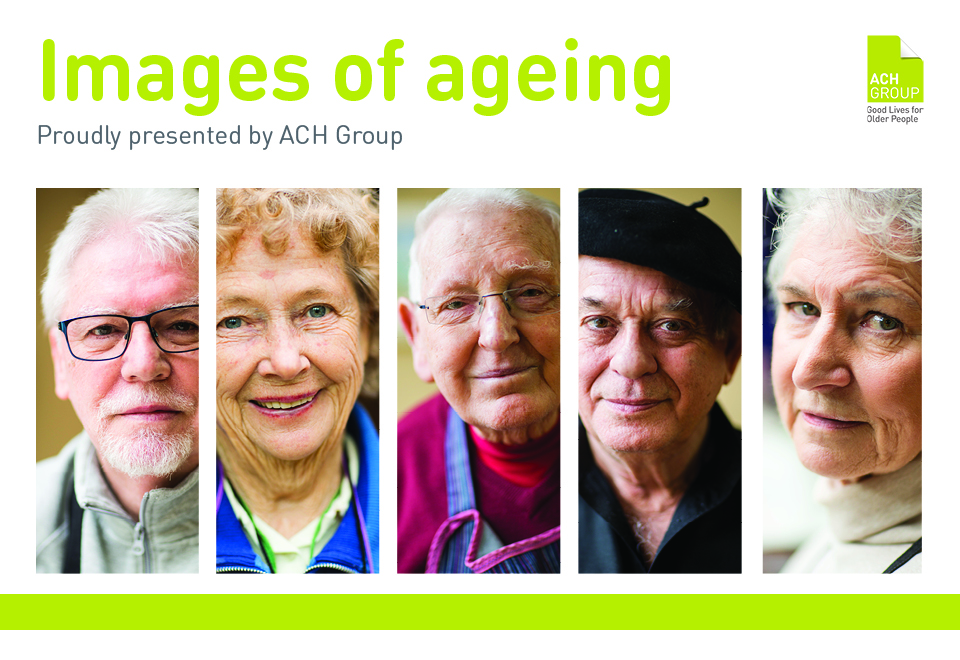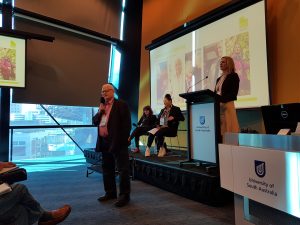The CSIRO are seeking healthy individuals aged 80 and over, who live in Adelaide, to participate in a study to determine whether specific molecular changes in saliva, cheek cells and blood samples could be used for early diagnosis of Alzheimer’s disease.
More than 200 people are diagnosed with Alzheimer’s disease in Australia every day. Alzheimer’s disease not only affects the quality of life, health and wellbeing of those affected but also leads to a significant financial burden at an individual level as well as for our wider community. However, to date, there is no conclusive diagnostic test available. It is important, therefore, to try and identify potential early biomarkers that may help us to design preventative measures.
To accurately assess changes in people with neurodegenerative disease, a group of healthy, age and gender-matched volunteers (‘control volunteers’) are needed to compare results. As a control volunteer you would be required to attend the CSIRO Clinic at SAHMRI on North Terrace, Adelaide for a single 45 minute visit.
The clinic visit will involve:
• a non-fasted blood sample will be collected by trained and experienced staff
• a cheek cell sample will be collected using a small toothbrush that will be rotated against the inside of the cheeks
• a saliva sample will be collected
• completion of a questionnaire plus a ‘mini mental state examination’ (MMSE)
• on completion of the study, participants will receive a Coles/Myer gift card valued at $50 to acknowledge their valuable contribution to scientific research.
Study criteria
You will need to meet the following criteria to participate in this study:
• are healthy and aged 80 years and above
• not clinically diagnosed with Mild Cognitive Impairment, Alzheimer’s disease or Parkinson’s disease
• no family history of Mild Cognitive Impairment, Alzheimer’s disease or Parkinson’s disease
• not undergoing chemotherapy/radiation treatment for cancer
• not supplementing your diet with Vitamin B12, folate and vitamin D
If you would like to participate, please email: [email protected]
This study has been approved by the CSIRO Health and Medical Research Human Research Ethics Committee.





